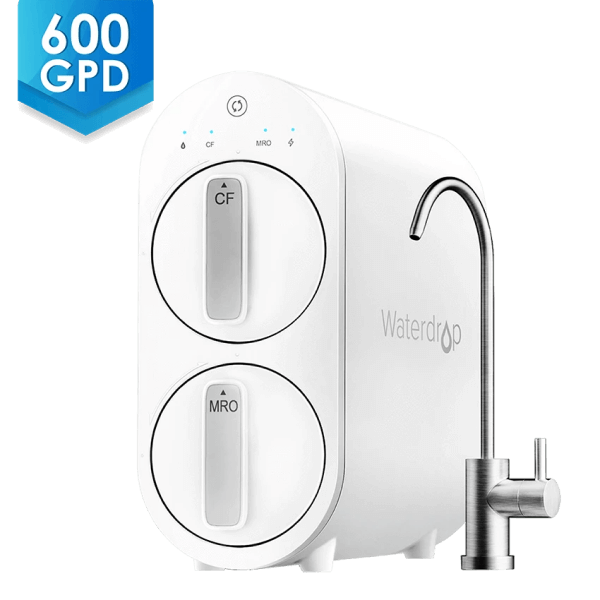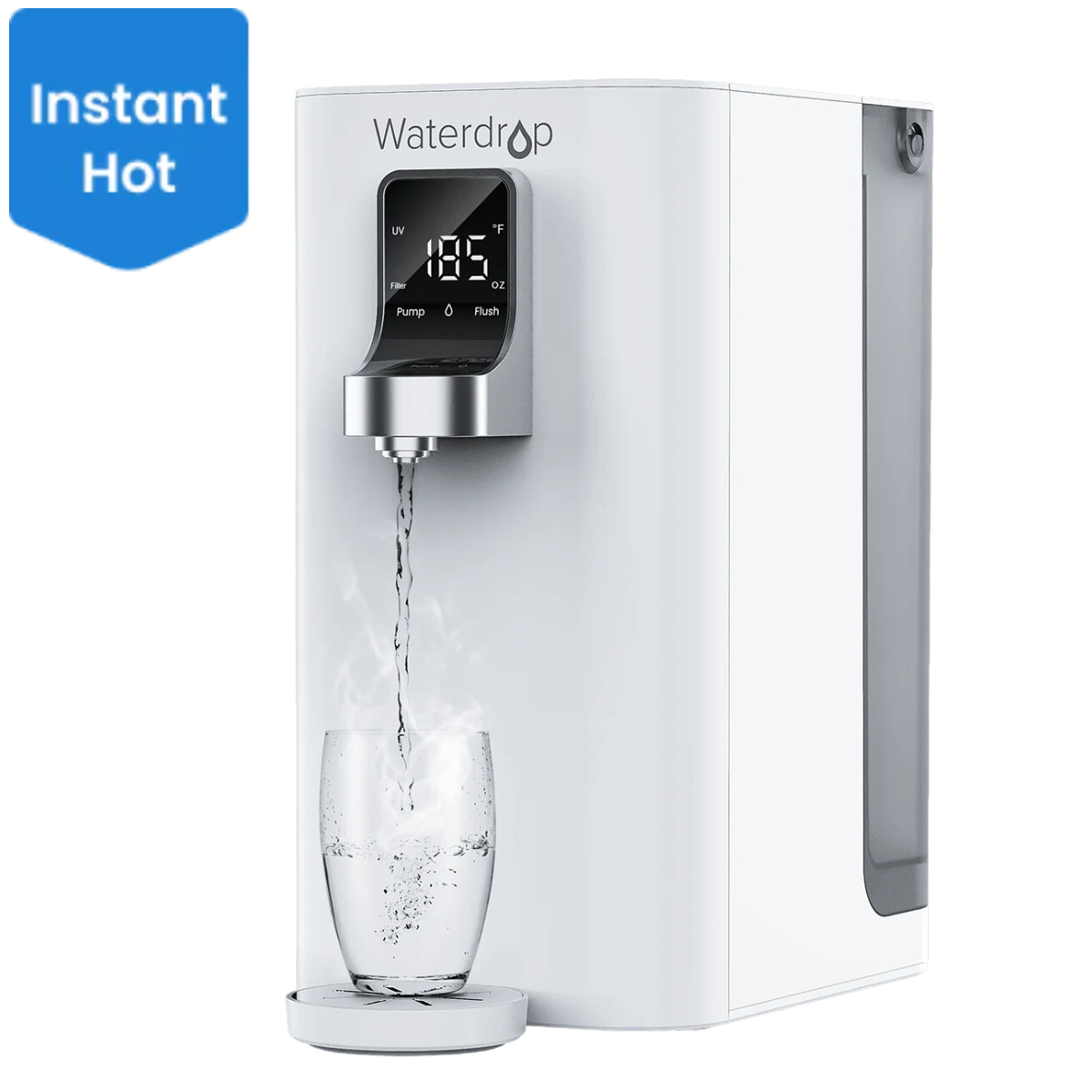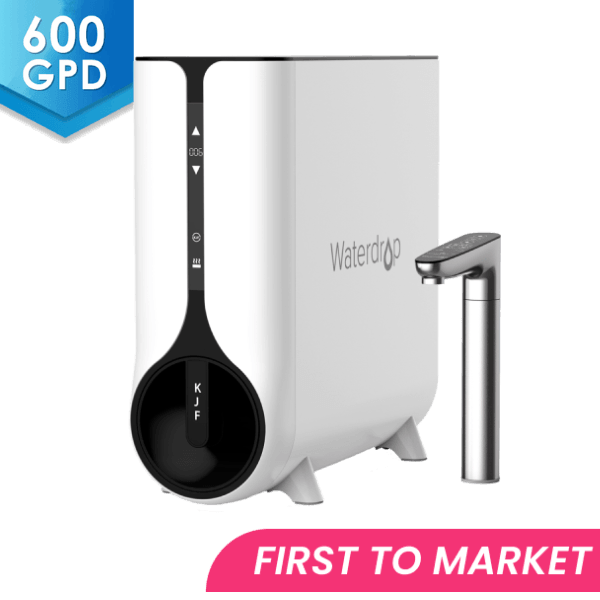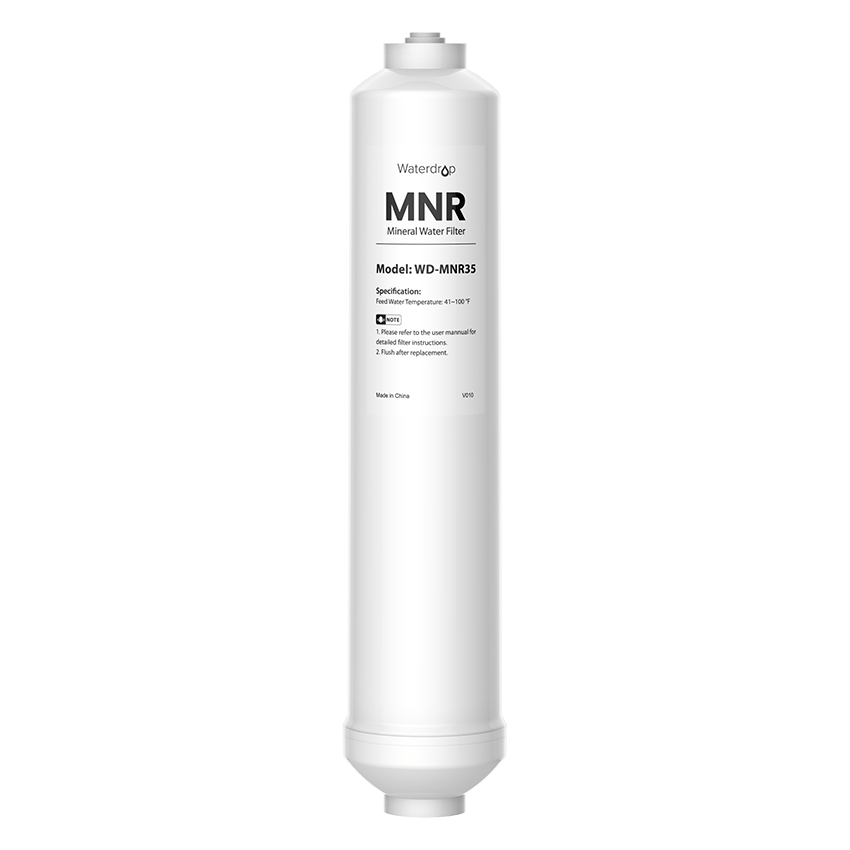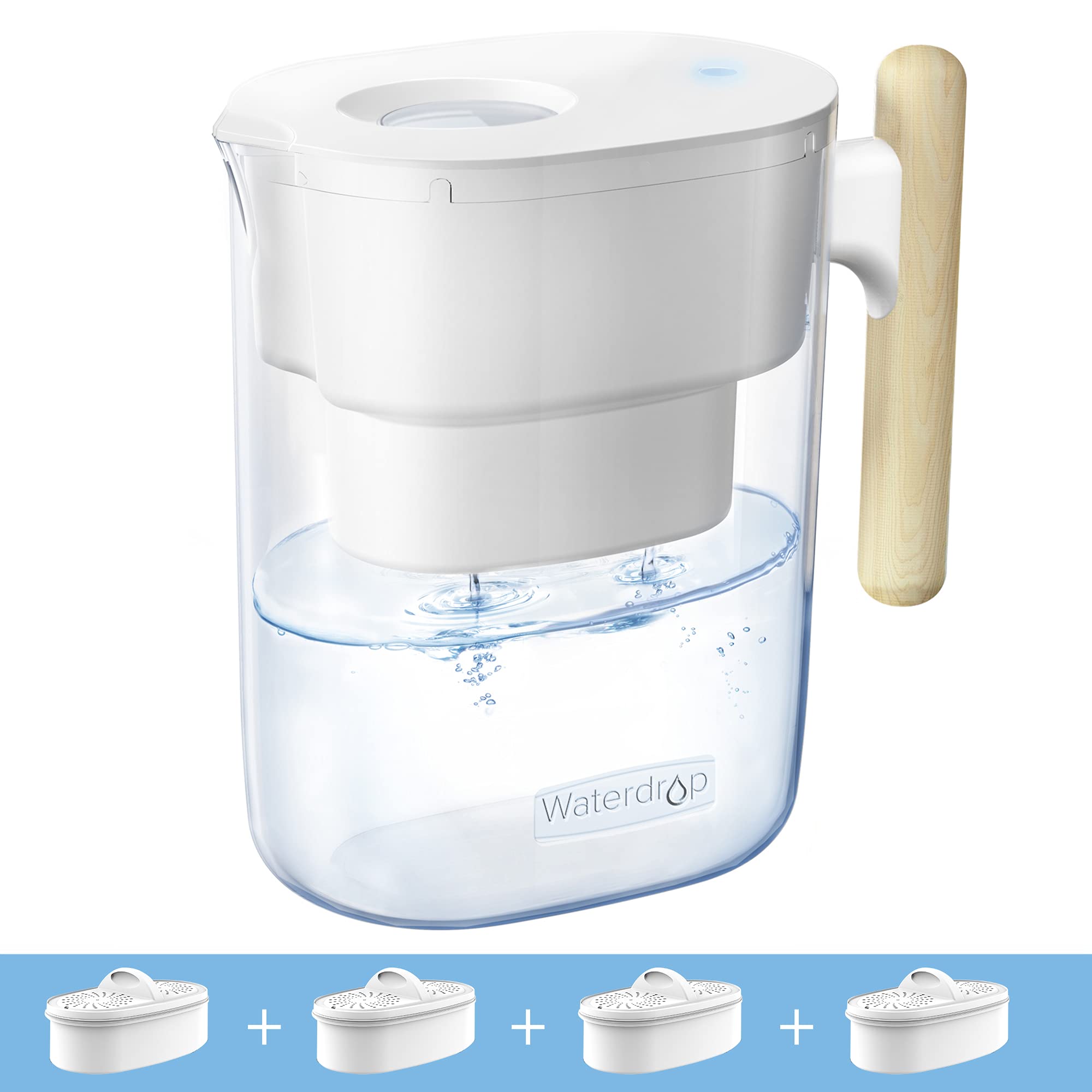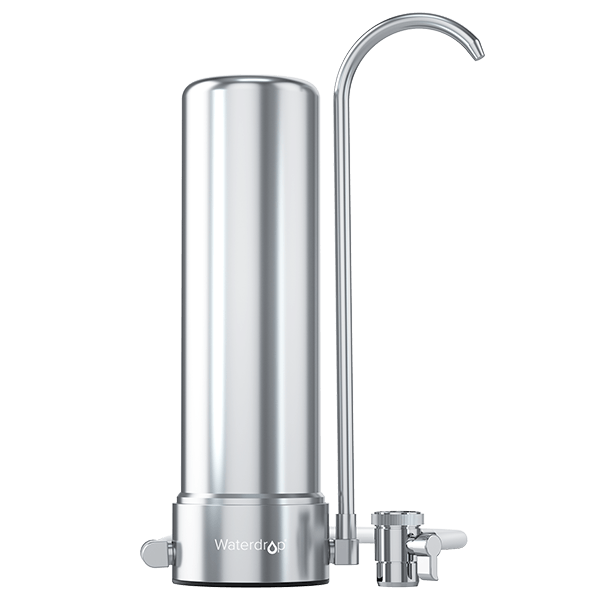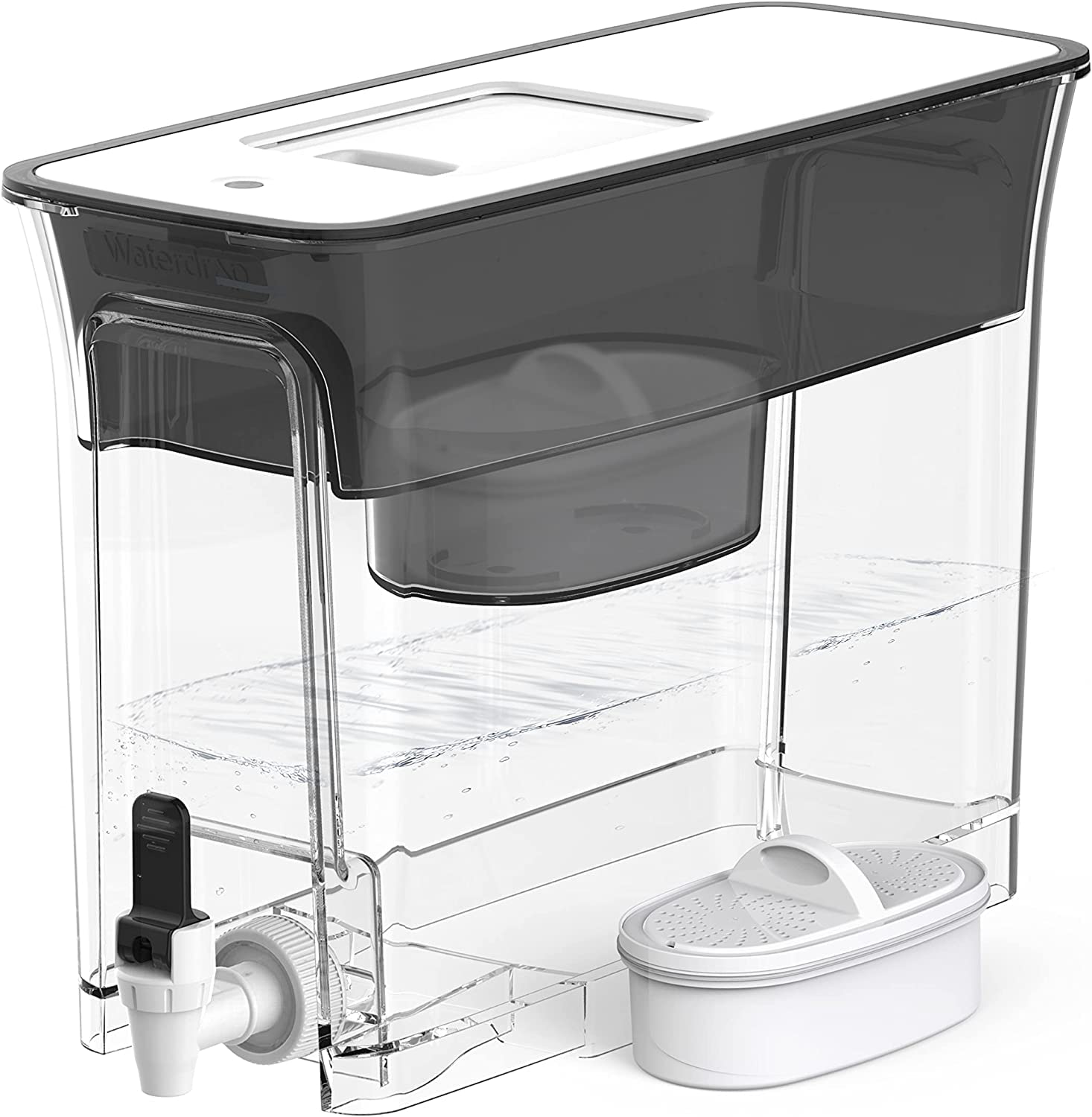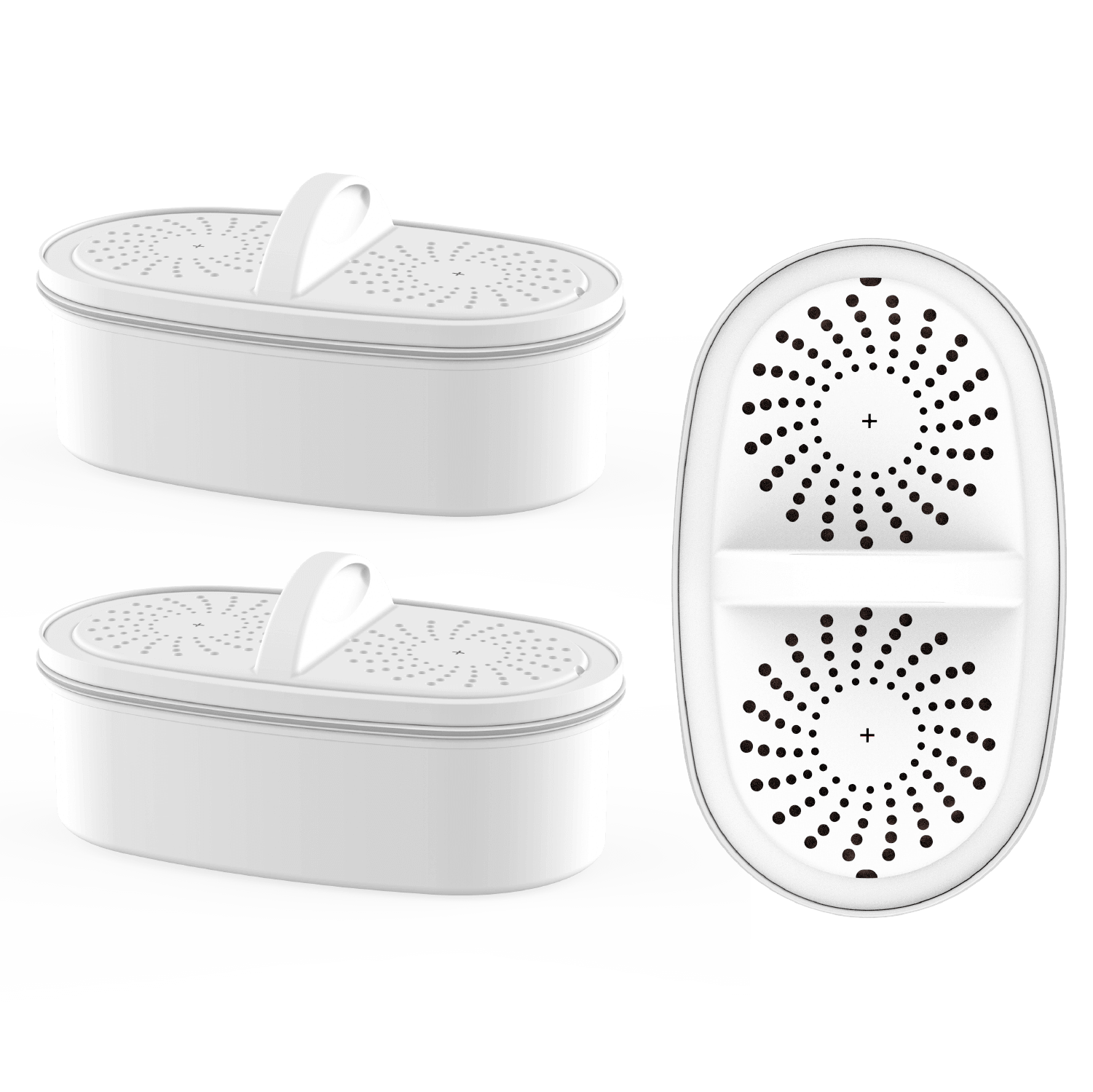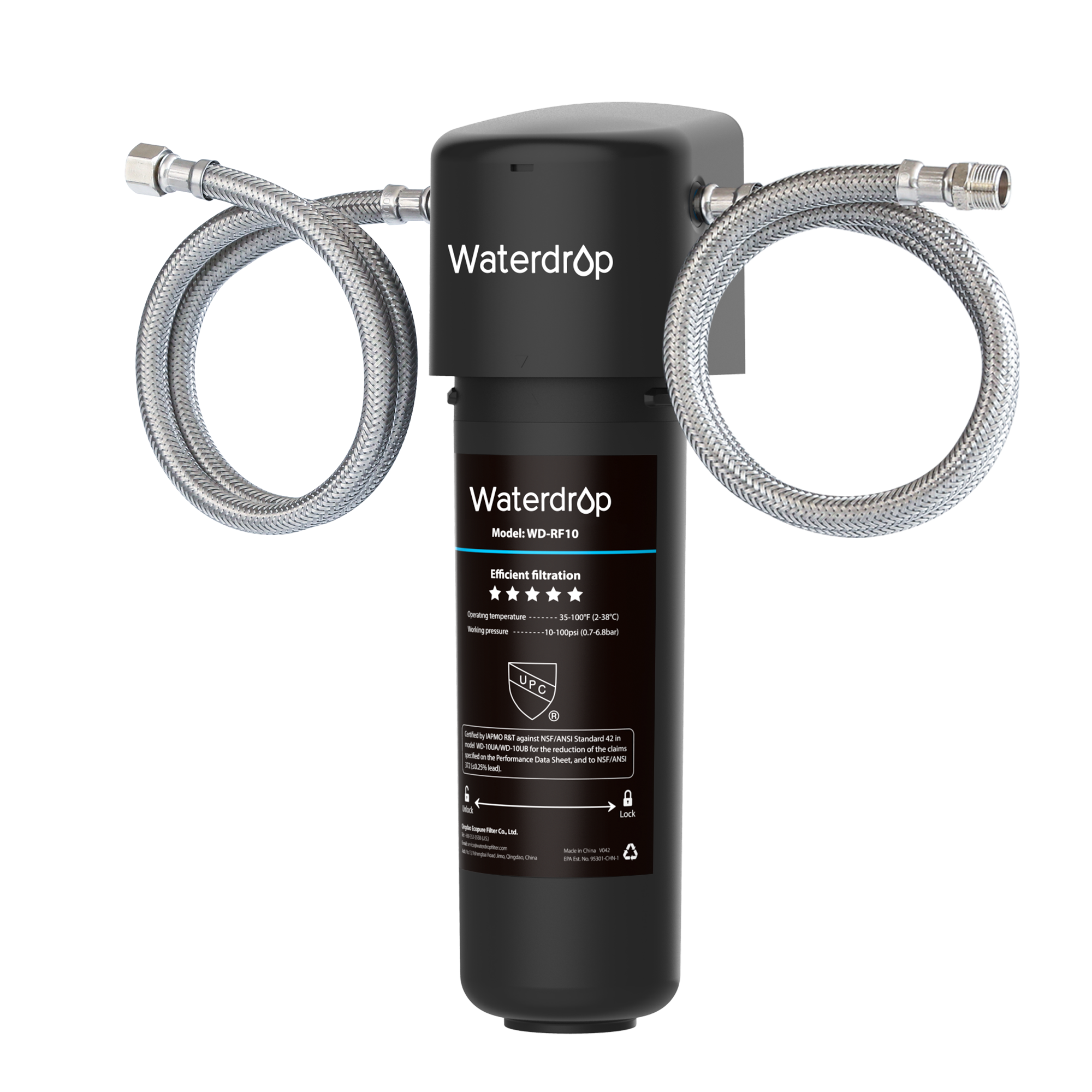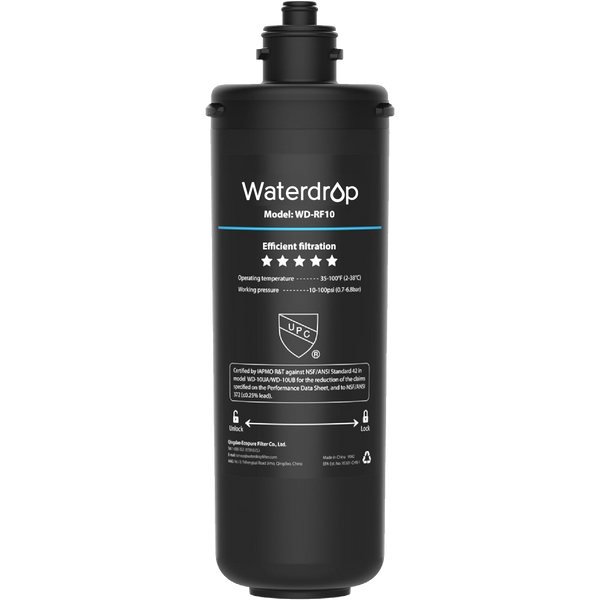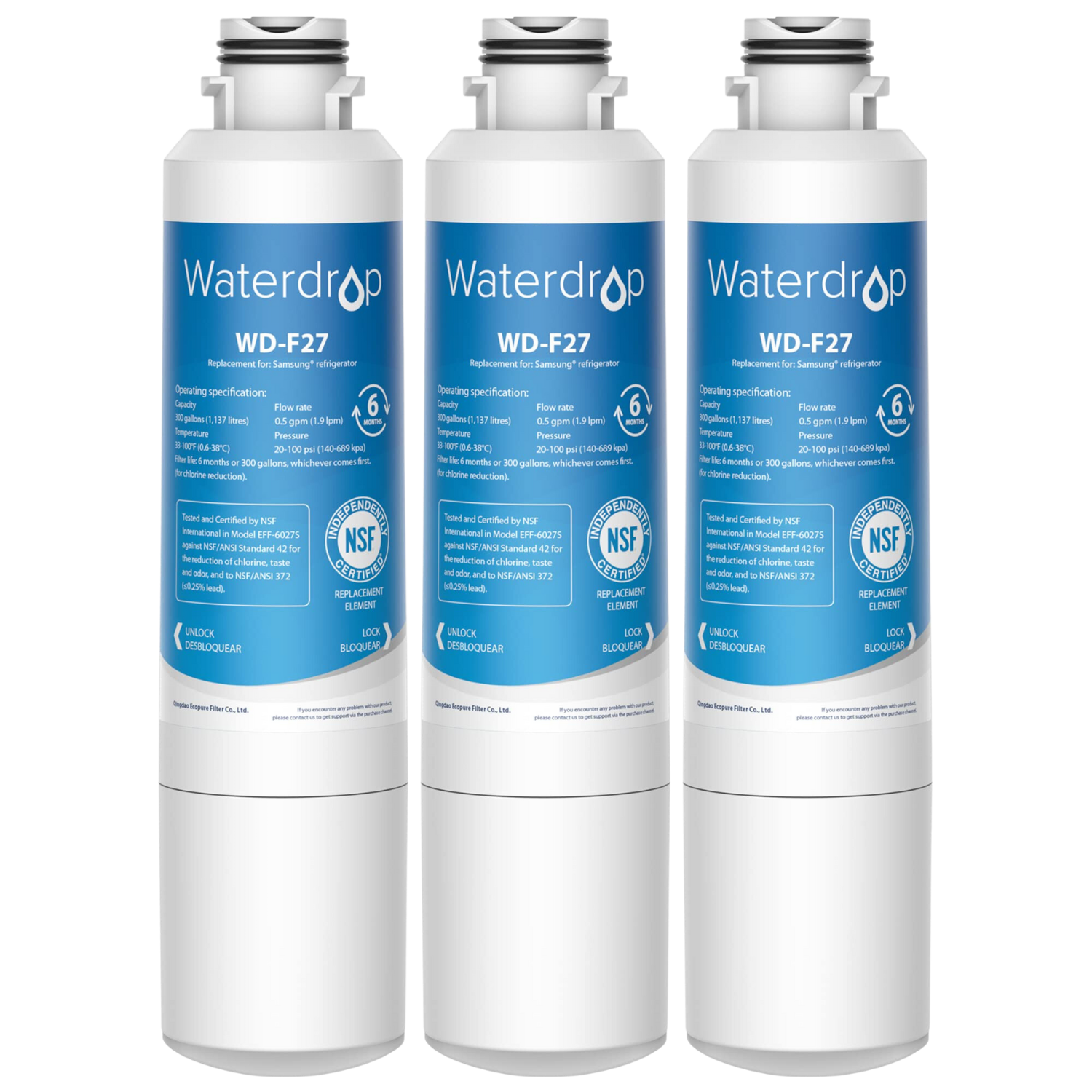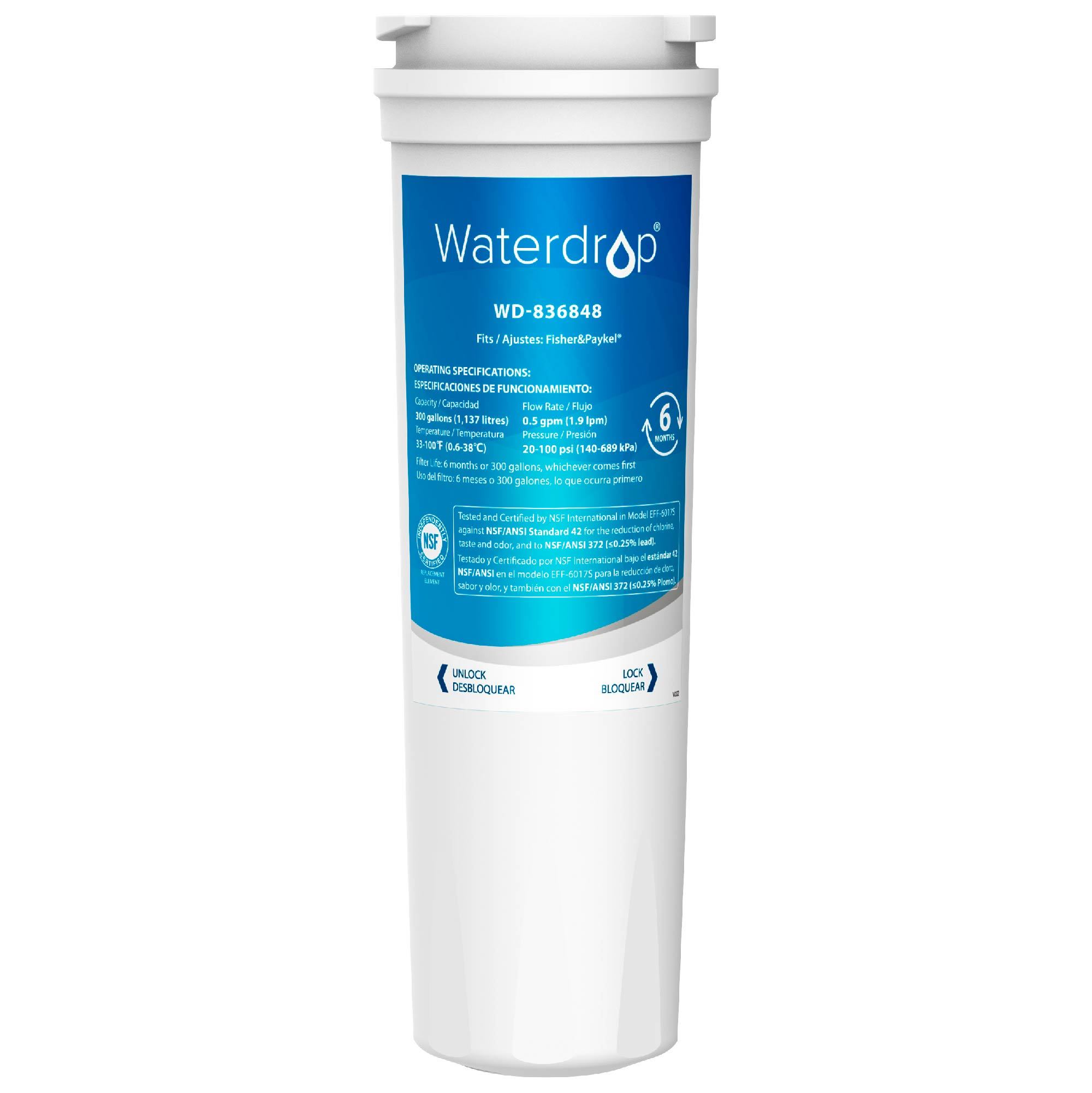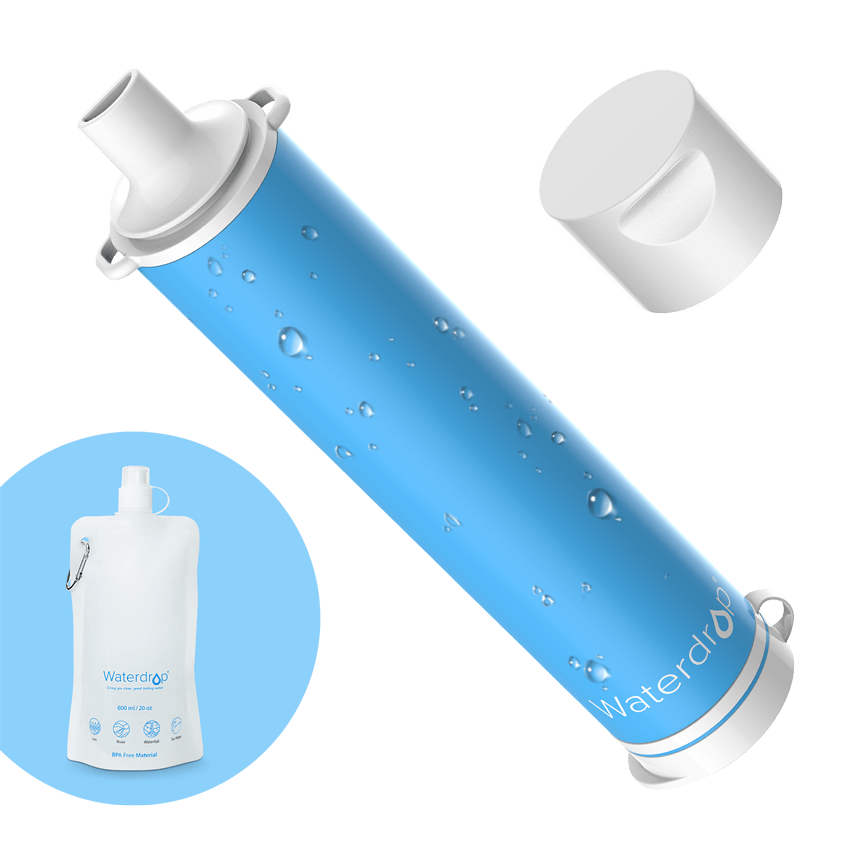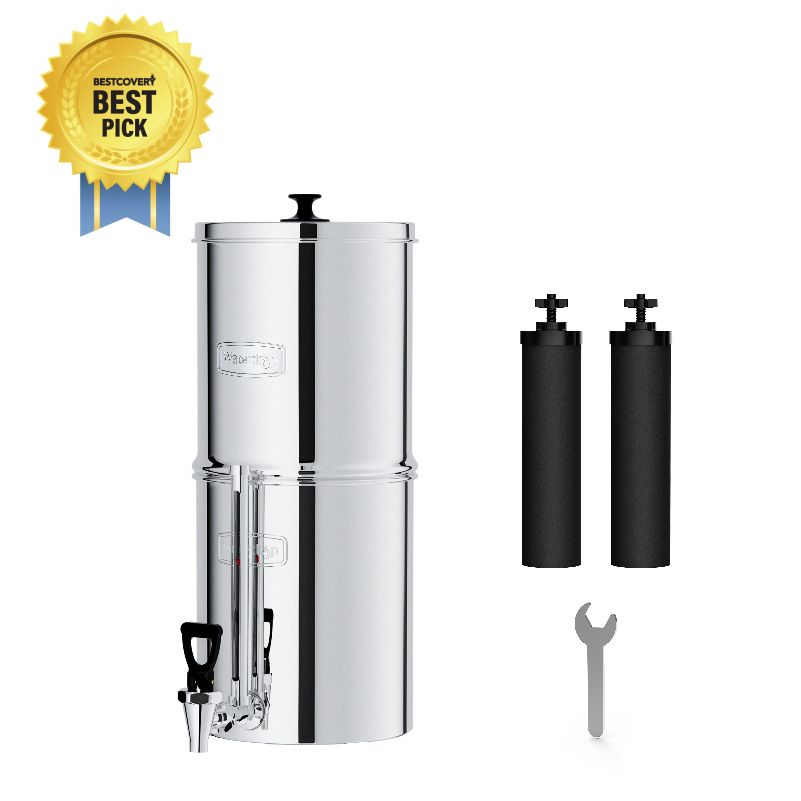5 Types of Water Filters You Should Consider in 2024
by Dr. Jonathan Doyle - Updated March 27, 2024
When you install a water filter in your home, you get an extra layer of safety against chemicals and other contaminants present in your tap water. Thankfully, different types of water filters will work in your home, depending on your preferences and budget.
You must choose a water filter that solves a problem with your water, so choosing one goes beyond fit and price. So, you should get one that fits well in your home and solves your water problem.
Even though it might seem hard at first, it becomes simple once you know the different types. This guide discusses the various kinds of water filters, how they work, whether they are worth the money, and the installation procedures.
What Are Water Filters and Why Do We Need Them?
Water filters effectively remove contaminants from water, including chemicals, bacteria, sediments, smells, and heavy metals. As physical traits improve, your water becomes safer to drink, cook, wash, and bathe in. Using a chemical, biological, or physical process or barrier, the different types of filters work in various ways.
Different types of filters work better than others at removing specific contaminants and sediment. Each filter and its efficacy are developed to handle the varying levels of water problems that people face. It may cost more and need more maintenance during and after installation if the water filter system is more involved.
The Different Types of Available Water Filters
The different types of water filters listed below are recommended for use at home to remove pollutants and poisons from the water you consume safely.
- Undersink water filters
- Countertop water filters
- Wholehouse water filters
- Reverse osmosis systems
- UV water purifiers
- Gravity water filters
Under-sink Water Filters
Under-sink water filters are one of the most convenient ways of water filtration because of their portability and small space requirements. They are supposedly the “on-demand” water purifiers and are reasonably priced. They are directly connected to your water line, which may pass through your faucet or refrigerator.
Since a filter needs to be attached to your refrigerator or faucet, you can utilize several systems around the house. They efficiently aid in removing impurities, and the type of under-sink water filter determines how pure the water is. One can purchase an under-sink water filter equipped with an ultrafiltration system, carbon water filter, or reverse osmosis system.
Are under-sink water filters valuable for money?
There are several reasons why under-sink water filters are better than other systems for cleaning water. These include their small storage area, improved water quality, easy installation, low cost, environmental friendliness, and various models. They’re also easy to switch out if the system starts to act up.
Heavy metals, chlorine, and chloramine are some of the contaminants these filters try to eliminate. So, the water you want to clean shouldn’t have more pollutants than these.
It’s important to note that Waterdrop under sink water filters are easy to install. Our method is easy to use and saves you time and money. You can also enjoy the benefits of self-installation, which means you can set up your system quickly without needing professional help.
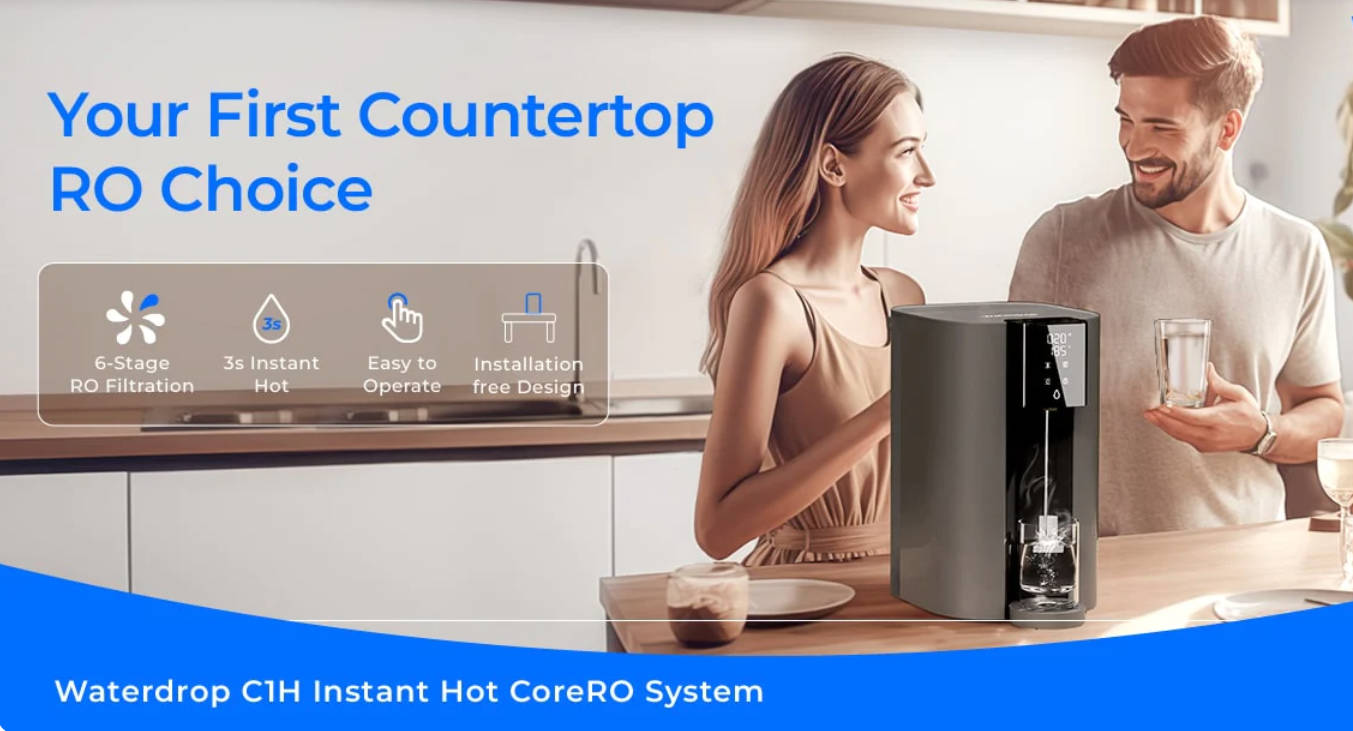
Countertop Water Filters
Countertop water filters are easy-to-use tools that can be moved from one place to another. Bacteria, heavy metals, arsenic, chromium, leftover chlorine, and organics are just a few contaminants that the Countertop Water Filter Machine helps remove. It also eliminates bad taste and smells in water by eliminating chlorine and other chemicals. Like the under-sink water filter, this system comes in different styles, such as reverse-osmosis.
Are Countertop Water Filters Value for Money?
Depending on the type, some countertop water filters can add minerals to your water, such as magnesium, calcium, and potassium. For added convenience, some countertop water filters can be placed in the fridge, automatically treating and serving you fresh, clean water.
Countertop water filters can cost anywhere from $50 to more than $500, depending on the features. Although it’s easy to maintain, the filter capsule may need to be replaced every three months or more. You or a professional can do this replacement, just like the installation.

Whole-House Water Filtration Systems
These water purification systems are made to connect to the main water lines entering your home. It purifies the water before entering your home, removing contaminants like rust, sediments, manganese, iron, sand, and smells. A pro-grade bypass kit, a UV filter, a pre-filter, and a salt-free water conditioner can be added to the best whole-house water filtering systems for healthy water and main lines.
The mode shows which type of water filter the system has. Filters like carbon filters, grit pre-filters, and reverse osmosis membranes are some of the common types. You should choose a filter based on the problem you have with your water.
Are Whole-house Water Filtration Systems Value for Money?
These home water filter systems work better than the ones we’ve discussed. Targeting heavy metals, iron, and manganese in your water removes more contaminants. Depending on your water problem, you might only need to replace your filter sometimes.
Reverse Osmosis Systems
Using a multi-step cleaning process, reverse osmosis systems are some of the most effective water filtration systems. As a result of getting rid of so many contaminants, like radium, fluoride, copper, chromium, nitrates, arsenic, bacteria, and more, it’s also one of the most expensive. These systems are great for solving water problems that take time. Their high prices and easy installation process show how well they work and are designed.
Are Reverse Osmosis Systems Value for Money?
Reverse osmosis systems for homes are highly efficient water purification systems, eliminating more contaminants than a whole-house filtration system. The advanced filtration technology of home reverse osmosis units separates unwanted substances from water, ensuring that households can access cleaner and safer drinking water. Unlike many whole-house systems that may target larger particulates and some chemicals, reverse osmosis filtration systems typically reduce the concentration of dissolved solids, heavy metals, and potentially harmful microorganisms.
UV Water Purifiers
If you ask someone, “What type of water filters are available commercially?” Most likely, they’ll say these are UV water purifiers. Using varying frequencies of UV light to sterilize water, they are popular in homes and the water industry. These purifying water systems remove bacteria, viruses, pesticides, lead, and chlorine to provide you with drinkable and usable water.
Are UV Water Purifiers Value for Money?
UV water purifiers are inexpensive, requiring low lamp maintenance and infrequent repair or replacement. They cost between $100 and $500 and are the standard for water with microbe contaminants. A professional will do the installation and maintenance.
How To Choose the Best Water Filter?
The reverse osmosis system is the best water filter you can get for home use. This is due to its high efficiency in eliminating nearly all contaminants from your tap water. If you have a large family, the Waterdrop G3P600 can be the right choice for your home. This water filter has a water flow of up to 600 gallons per day, meeting your daily water use perfectly.
Conclusion
We at Waterdrop offer these types of filters in multiple variants for you to choose from. Our filter products include reviews and ratings from previous customers, allowing you to receive hands-on feedback about what you’re buying. You’re also guaranteed the best prices and savings on high-quality systems like the reverse osmosis filter.


